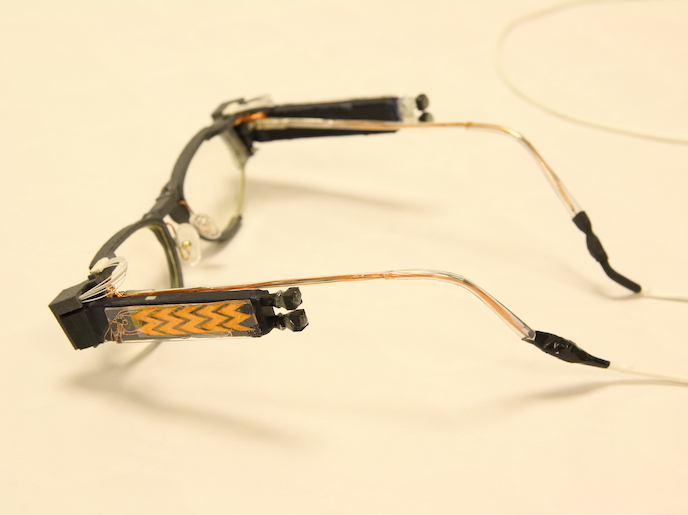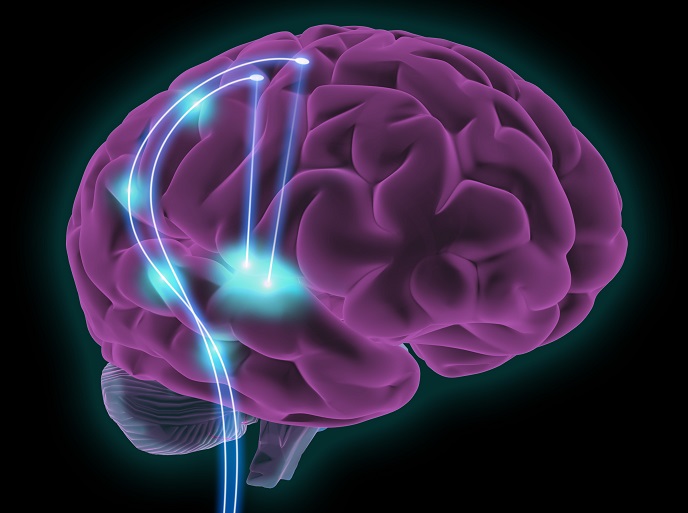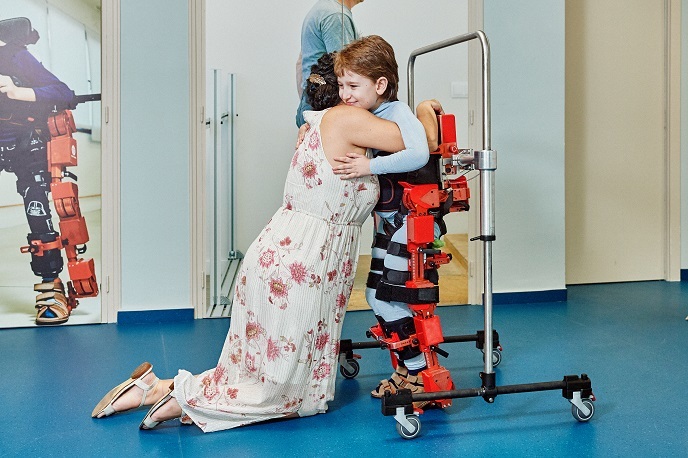Boosting language development for hearing-impaired kids
Children with hearing impairments can face huge challenges early in life, one of which is cognitive and linguistic development. “It is well known that hearing loss limits accurate perception of speech, and can also impact spelling skills,” explains Comm4CHILD project coordinator Cécile Colin from the Université libre de Bruxelles in Belgium. “As the brain is ultra-connected, hearing impairment can also affect sequential processing and planning, learning concepts and problem solving, and even social skills. Children with hearing impairment consistently underachieve in educational terms and experience lifelong challenges in terms of social inclusion.”
Supporting children with hearing impairment
While newborn hearing screening is widely implemented throughout Europe, Colin believes that the current ‘one size fits all’ model does not sufficiently address the diverse needs of children with hearing impairments. The Comm4CHILD project, supported by the Marie Skłodowska-Curie Actions programme, therefore sought to develop new early intervention methods to address this educational gap. To do this, the project brought together experts from academia, industry, health and rehabilitation centres. Research was carried out with the close involvement of children and their families. Three areas in particular were examined: biological diversity in brain plasticity and adaptation; cognition; and language. Across these three domains, the project team worked to map the range of communication skills of children with hearing impairments and unravel the biological and cognitive predictors that underlie this diversity. The project then sought to identify ways of supporting children with hearing impairment in a more personalised and targeted way, by using new technologies and intervention tools. This research was complemented by a training programme involving 15 early-stage researchers.
Audiovisual tools to support cognitive development
The project was able to demonstrate that early interventions that address different levels of hearing impairment can be highly effective. Algorithms were developed to locate specific target structures in cochlear implantation surgeries for more personalised interventions. “We also developed new audiovisual tools to support cognitive development and speech,” says Colin. “These trials also helped us to better understand the relationship between a child’s auditory perception abilities and cognition.” The project was able to put forward a series of recommendations related to speech rehabilitation and academic support for deaf and hard-of-hearing children. Advice for parents on how multimodal communicative resources can facilitate and support interactions was also developed.
Reducing the impact of poorly treated hearing impairment
Another key result has been the success of the 15 early-stage researchers in finding postdoc or clinical positions. “This will enable us to go on filling in the gap between research and practice, and to implement the findings of Comm4CHILD in clinical settings,” adds Colin. The partners who developed algorithms for locating target structures in the cochlea plan to use the results for product development. A textbook targeted at students and clinicians is also foreseen. This will gather all the theoretical, methodological and technological advances of the Comm4CHILD project. “Our hope is that this project will help to reduce the impact of poorly treated hearing impairment at the European level,” says Colin. “We also hope to change the public’s understanding of the impact of hearing impairment on children’s lives, the diversity of language experience, and the potential for fully including these kids in mainstream society.”
Keywords
Comm4CHILD, hearing, language, cognitive, linguistic, brain, educational







